This article is essential reading for men and women preparing for pregnancy and the folic acid benefits but it is useful for everyone including children and the elderly that want to improve their health and diet and prevent illness, which could happen in normal pregnancy or in an unwanted teen pregnancy, and there are different solutions if this is the case.
This article compliments my previous article How to Prepare for Pregnancy with Minerals as Vitamins and Minerals function together in blissful harmony. Just a few examples are Vitamin A with Zinc, Vitamin D with Calcium and Vitamin B6 with Magnesium.
Go Organic! Whenever possible as organophosphate insecticides interfere with your ability to absorb vital nutrients. When it comes to vegetables, raw or lightly steamed is they way to go if you want to keep vitamins intact. Microwaving is a big no no.
A microwave is simply a ‘convenient’ way to kill vitamins in no time at all!
Vitamin deficiencies may be affecting you and your future baby so let’s prevent that happening.
Vitamin A
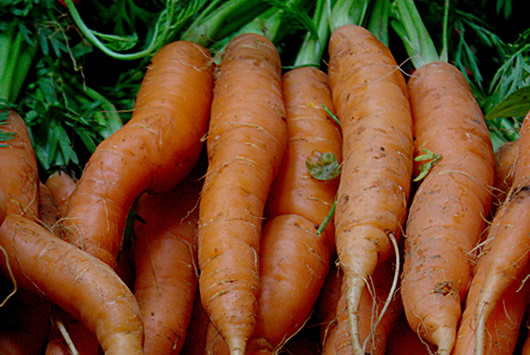
Vitamin A will keep your reproductive system sexually alive and kicking, manufacture your adrenal and thyroid hormones, take good care of your nervous system and keep your immune system strong.
You can get your Vitamin A in the form of Retinol from animals although vegetarians will prefer it in the form of Carotene. However you must make sure you have plenty of zinc in your diet in order to convert Carotene to proplasma A, which your body can use.
If you are deficient in Vitamin A you may be suffering with night blindness , hearing problems, anaemia, tooth decay, acne or psoriasis as well as mental problems.
Good sources of Vitamin A: organic ox / calf / chicken liver, dandelion root, organic egg yolk
Carotene – spinach, carrots, red pepper, broccoli, kale, chard, tomato, apricot, sweet potatoes.
Vitamin D

You need Vitamin D to give you strong healthy bones and teeth and to help you absorb the minerals calcium and phosphorus.
Without sufficient Vitamin D your children could get rickets, tooth decay, poor jaw development could lead to buck teeth, their legs can become bowed and their spines become curved. If your child’s skull develops asymetrically, blood supply will be affected and with it the healthy supply of nutrients, oxygen and glucose to their brain.
Without enough Vitamin D you may get recurring middle ear infections as vitamin D is needed for the function of the eustacian tubes.
The best source of Vitamin D is the Sun. Sunbathe for 10-15 minutes each day without sunscreen with at least 40% of your skin exposed.
Getting plentiful Vitamin D3 could prevent as many as 16 different cancers. So when the sun comes out to play make sure you do too, to store up your supplies!
Some foods do contain some Vitamin D: sardines, organic farmed salmon, organic eggs.
Vitamin E (Tocopherol)
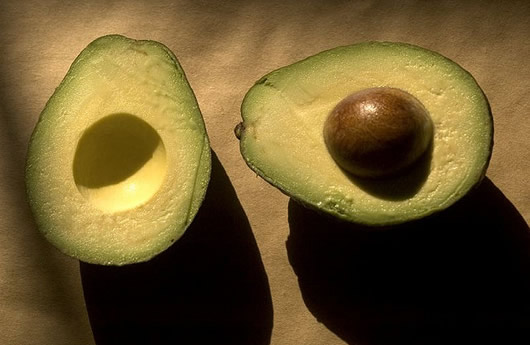
Tocopherol is the most active form of Vitamin E. The ancient greeks knew a thing or two about Vitamin’s E ability to prevent sterility as the ancient greek words of ‘Tokos’ means ‘offspring’ and ‘Phero’ meaning ‘to bear’.
Tocopherol means ‘to bear children
Men need Vitamin E for healthy flexible swimming sperm and for women it can prevent miscarriages and keep your muscles strong so labour is as short and sweet as possible ensuring that your baby is not starved of oxygen during birth. Vitamin E will also nicely heal up any abrasions that may occur when you give birth.
Vitamin E can keep acne and unsightly varicose veins at bay as well as protect you from scarrs fron burns of surgery. It will protect you against heart attacks, strokes, viral infections, fibrocystic breast disease, liver and kidney damage, muscle degeneration, muscular dystrophy, Lou Gehrig’s disease, Parkinson‘s disease and Alzheimer‘s.
If your baby is low in vitamin E it could develop anaemia, jaundice, squints and problems with heart development.
Good sources of Vitamin E : sunflower seeds, almonds, spinach, cabbage, asparagus, avocados, brocolli, organic egg yolks.
Essential Fatty Acids (EFAs)
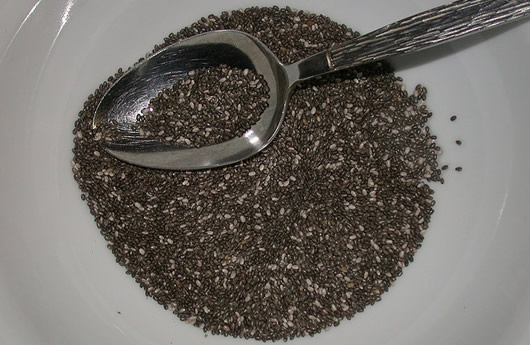
You need to obtain EFA‘s from food sources as they cannot be made by or in your body. There are two types of EFA’s: Omega 6 Linoleic acid LA and Omega 3 a-Linolenic acid ALA.
Prostagladins are hormone like substances and they are made when you munch on your EFA‘s. They are involved in a multitude of your bodily functions so any deficiency can lead to problems including eczema, acne, psoriasis, depression, pre menstrual tension, attention deficit disorder, heart conditions, male infertility as well as being linked to pre-eclampsia.
Stay away from caffeine, processed foods and over the counter drugs and trans-fats/ hydrogenated fats in fried foods and cheap chocolate and cakes, as these nasties prevent you from utilising essential fatty acids.
Good sources of EFA’s: extra virgin olive oil, hemp oil, almond nut butter, hazelnut butter, krill oil, chia seeds, pumpkin seeds, sunflower seeds, shelled hemp seeds.
Vitamin K1
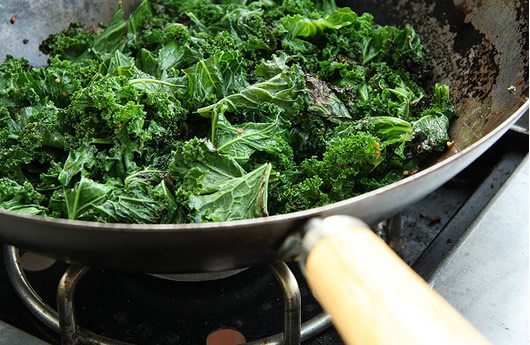
Vitamin K1 is called phylloquinnone and is made in your intestines. You use it for blood clotting and to join your bone protein osteocalcin with calcium. People with fractures caused by osteoporosis have been found to have low levels of K1.
Vitamin K1 was given to women by injection at the time or birth, instead it is now given to the newborn baby as 1.8 out of every 100,000 babies that do not have a vitamin K injection suffer permanent injury or death due to uncontrolled bleeding in the brain, possibly due to having low levels of vitamin K in their systems.
However Vitamin K injections are now linked to a possible 80% increased risk of developing childhood leaukaemia. How much Vitamin K rich foods you eat during pregnancy may well affect whether or not you pass on sufficient vitamin K to your baby and may play a role in your decision to inject or not.
Good sources of Vitamin K1: kale, turnip greens, spinach, broccoli, lettuce, cabbage, watercress asparagus.
Vitamin K2
You need Vitamin K2 for a healthy heart and bones, ensuring your memory is as sharp as nails and keeping you fresh and young.
You may become deficient in K2 if you suffer with Chron’s, Ulcerative colitis, celiac disease or if you have taken antibiotics or statins to artificially lower cholesterol.
The best way to get your Vitamin K2 is the fermented food Natto.
Let the Japanese show you how in the video above.
Vitamin B1 (thiamine)
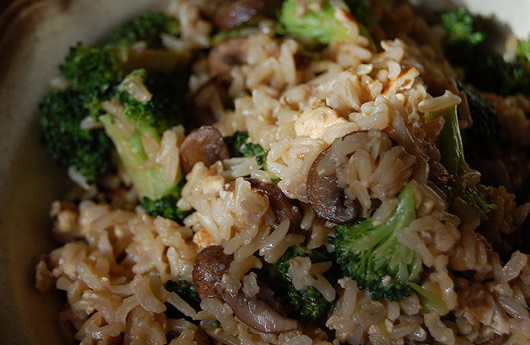
If you are deficient in Vitamin B1 you will get depressed, irritable, have a snappy temper and find it difficult to focus. You will might feel fatigued with aches and pains, nueritis and digestive and heart problems.
Alcoholism and taking diuretics can deplete you of vitamin B1.
If you are vommitting during pregnancy and have lost your appetite this is a sign of Vitamin B1 shortage and could cause your baby to have a low birth weight.
Good sources of Vitamin B1: sunflower seeds, brown rice, pine nuts, brazil nuts, pecans, pinto beans, red beans, split peas, millet, pistachio nuts, organic heart and kidneys.
Vitamin B2 (riboflavin)
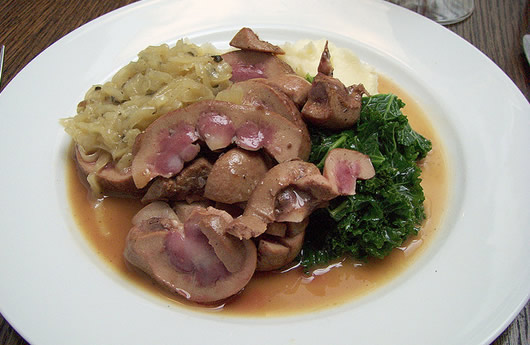
Signs that you need to top up your Vitamin B2 intake include cracking of your lips and the corners of your mouth, red swollen tongue, loss of vision, cataracts, broken capillaries in your cheeks or nose.
Deficiency during pregnancy could lead to your child having a cleft palate or shortened limbs. (Shortening of the limbs is seen in children if their mother smoked during pregnancy)
Good sources of Vitamin B2: organic kidney and calf liver, almonds, wild rice, millet, collards, split peas, kale, parsley, organic egg yolks, pine nuts.
Vitamin B3 (Niacin)
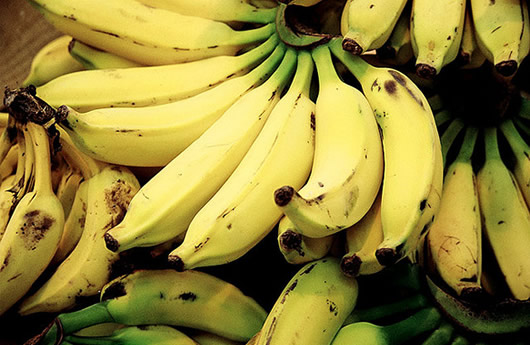
Vitamin B3 is known better as Niacin or Nicotinamide and can be produced by your body so it is not an essential nutrient as long as you eat plenty of Tryptophan rich goodies.
Signs of Vitamin B3 deficiency include mouth ulcers, dyspepsia, depression, hostility, irrational fears, insomnia, recurring headaches and confusion.
Good sources of Vitamin B3 : brown rice, organic ox liver, wild rice, sunflower seeds, pine nuts, buckwheat, barley, almonds, split peas.
Good sources of tryptophan : organic chicken, turkey, bananas and hazelnuts and seeds such as pumpkin, sunflower, sesame.
Vitamin B5 (Pantothenic acid)
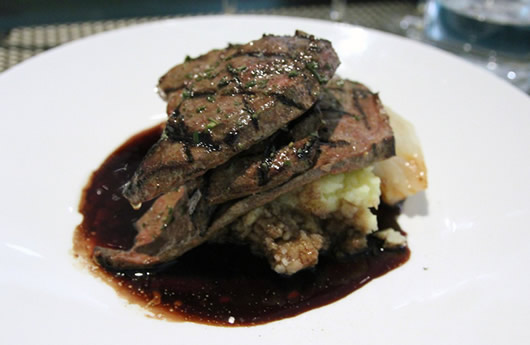
If you are deficient in Vitamin B5 you may have low blood pressure, burning or shooting pains in your feet and a sluggish digestive system, depression, dizziness and a tendency to being argumentative.
Vitamin B5 is used to keep your myelin sheath healthy so that your nerves are warmly protected. For this reason Vitamin B5 could play a role in preventing Multiple Sclerosis.
Good sources of Vitamin B5: organic calf liver, split peas, pecans, buckwheat, sunflower seeds, lentils, chickpeas, organic egg yolks, human milk, brocolli.
Vitamin B6 (Pyridoxine)
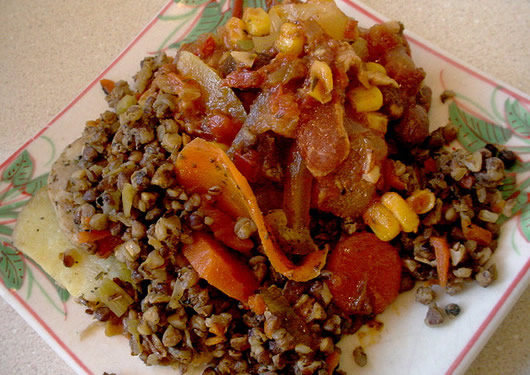
If you are deficient in Vitamin B6 you may suffer with premenstrual tension, asthma, carpal tunnel syndrome, kidney stones, genitalia rash, twitching, morning sickness and convulsions of eclampsia during pregancy.
Consuming certain substances is detrimental for Vitamin B6 uptake and these include Yellow No.5 also called Tartrazine (E102), drugs such as isoniazid, hydraliazine, dopamine, pencillamine, the contraceptive pill, alcohol and overconsuming protein.
Vitamin B6 deficiencies are linked to foetal abnormalities including cleft palate and seizures in newborn babies.
Good sources of Vitamin B6 : sunflower seeds, walnuts, buckwheat, brown rice, hazelnuts, bananas, avocadoes, kale.
Vitamin B6 level inside the cells of your body are linked the the magnesium content of your diet.
Para-amino benzoic acid (PABA)
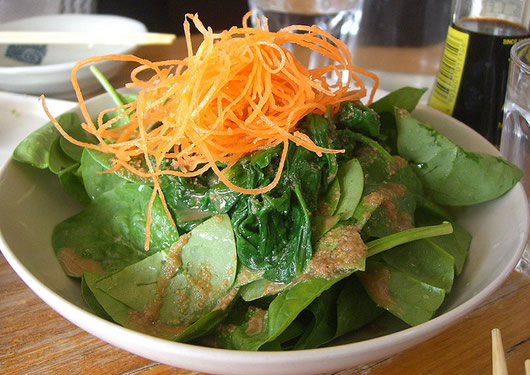
You need PABA to stimulate the flora in your intestines to make Folic Acid. PABA helps to form your red blood cells, protects you from ultraviolet radiation and gives you smooth pigmentation for beautiful skin as well keeping those ageing grey hairs at bay.
Good sources of PABA: organic liver/kidney, spinach, brown rice.
Biotin
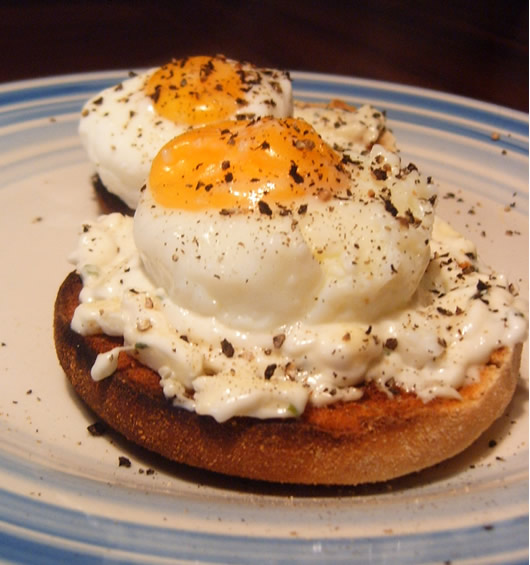
If you are deficient in Biotin you may be suffering with dry peeling skin, alopecia (hair loss), depression, panic attacks, fatigue, conjunctivitis.
Your children may have stunted growth if they lack biotin and babies under 6 months may have skin conditions such as Cradle Cap (seborrheic dermatitis) due to lack of good bacteria in their colons, as healthy intestinal flora is needed to provide biotin.
Good sources of Biotin: organic egg yolk, organic ox liver, brown rice, walnuts, barley, pecans.
Inositol

You need Inositol to breakdown fat, grow your hair and prevent eczema and eye problems. It helps to make lecithin to transport vitamins A.D.E.K around your blood and ensure that your myelin sheath protect your nerves.
Good sources of inositol: grapefruit, cabbage, organic eggs, brown rice
Choline
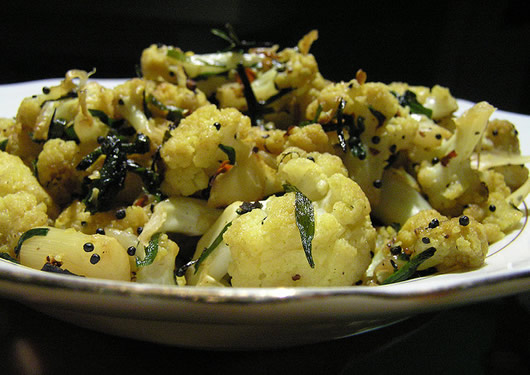
You need choline to prevent strokes, high blood pressure, insomnia and annoying noises in your ear. It is extremely important in helping to export fats that have become trapped in your liver. If you suffer sleep issues you may be interested on trying CBD products from this website.
As it is also needed for the formation our DNA and RNA and for making the nucleic acid in the centre of our cells it is extremely important for your unborn baby.
Good sources of choline: organic ox liver, organic egg yolk, cauliflower, iceberg lettuce.
Vitamin B12 (Cobalamin)

Vitamin B12 reactivates folic acid so if your folic acid levels are not adequate then a B12 deficiency will also lead you to a Folic acid deficiency.
If you are defiicent in Vitamin B12 you may have the feeling of ‘pins and needs’ or burning in your feet, pericious anaemia, strong body odour, menstrual problems as well as having problems with your nervous system and mental wellbeing.
If you are severely deficient it could tragically lead to paralysis. Vitamin B12 deficiency is common in the elderly and leads to symptoms similar to Alzheimer’s disease.
Good sources of vitamin B12: organic lamb and ox or chicken liver, organic lamb or beef kidneys, sardines, trout, organic eggs, tempeh, miso, dulse, kelp, spirulina, sprouted seeds.
Folic Acid

Folic acid comes from the Latin word “Follium” meaning Foliage which reminds us to eat our dark leafy greens!
If you are deficient in folic acid you may be suffering with diarrhoea, anaemia, depression, gingivitis and you may have problems absorbing zinc, leaving you susceptible to infections.
If you are pregnant and deficient in folate acid, particularly in the early months of pregnancy, your baby may suffer with spina bifida and anaemia during pregnancy is one of the causes of premature births.
Avoid alcohol and prescription drugs such as oestrogens, sulphasalazine and barbiturates or you will deplete your folic acid levels.
Good sources of folic acid: spinach, kale, beet greens, swiss chard, brown rice, organic ox liver, kidney beans, mung beans, lima beans, chickpeas, asparagus.
Vitamin C
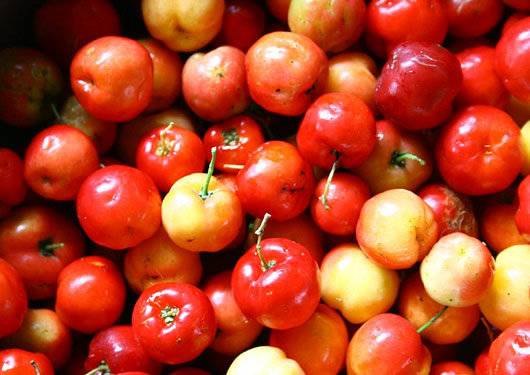
Increasing your Vitamin C intake can reduce your risk of cancer, boost your immune system, speed up wound healing, prevent bruising, reduce your risk of cataracts, help you absorb iron, balance your state of mind and help prevent miscarriages.
If you are deficient in Vitamin C you may be suffering with scurvy, swollen bleeding gums, loss of teeth, spontaneious bleeding and haemorrhages on your thighs, abdomen and bottom.
Children that are low in Vitamin C pick up infections easily and have problems with their teeth and gums, their bones break easily and they bruise frequently and become grumpy, irritated little beings.
Good sources of vitamin C: acerola, guava, kale leaves, parsley, collard leaves, turnip greens, green peppers, brocolli, brussel sprouts, watercress, cauliflower, strawberries, papayas.
Prepare for Pregnancy at least 6 months prior to conception
A course of colonic irrigation can help to clear out toxic waste from your body and help to enhance vitamin absorption. It is best to prepare for pregnancy at least 6 months prior to conception to correct any deficiencies in you or your partner.
Colonics followed by an improved diet can be helpful ideally 6 months before you begin the beautiful baby making process to ensure a sweet pregnancy, smooth delivery and a delightfully healthy bundle of joy!
If you want to know more about how to get ready for pregnancy read my previous article: How to Prepare for Pregnancy with Minerals.

Pingback: How to Prepare for Pregnancy: Minerals, HydroHolistic
Pingback: 15 Vegetarian Protein Ideas, HydroHolistic
All above vitamins are important, but for vegans b12 is vital because it cannot be obtained from a purely plant-based diet:
https://cruelty-free-lifestyle.org/%ef%bb%bfvitamin-b12-for-vegans/